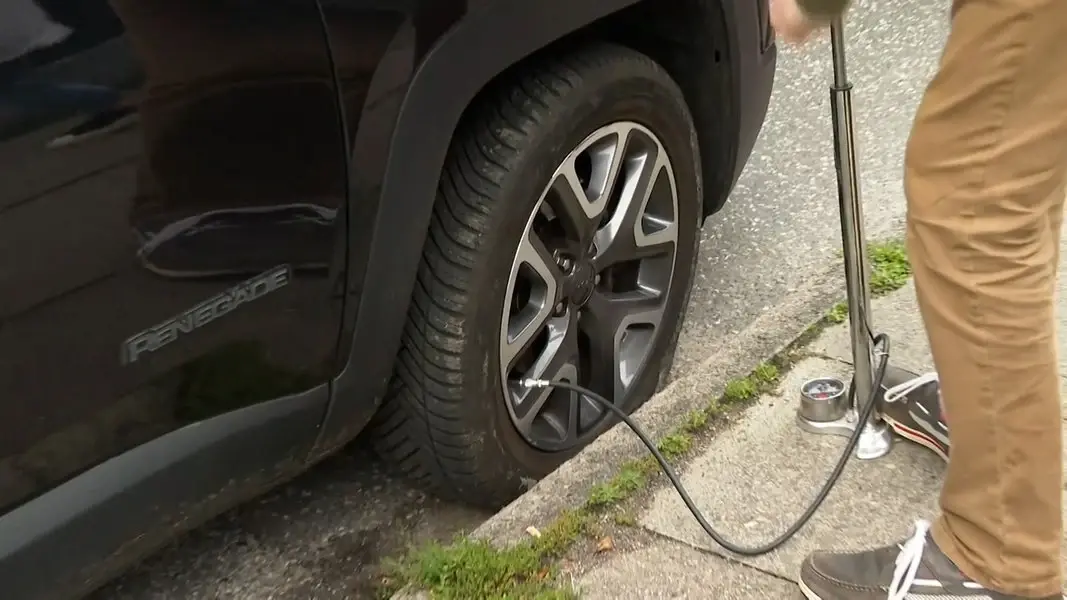

⁸I don’t know what data they have at hand to work with, the following is mainly guesswork / how I would do it:
As far as I know, US authorities have quite liberal access to data stored by US companies (due to the cloud act even if the data isn’t originally stored in the US), especially in case the data is about non-citizens where some of their protection laws don’t hold. Most social media accounts are tied to phone numbers and/or email addresses.
If I was in their place, I’d have a relatively small database with all (or at least all non-US) phone numbers used for social media accounts, with the email addresses tied to those accounts. If a visa-applicant applies and I get their phone number (email address),
- I’d query a list of all accounts for that number (email) to get the associated emails (numbers).
- With those new emails (numbers) I’d repeat step 1
If you call the office or enter your number in your application, they might get some accounts. If you associated an email address to that account, they might get additional different accounts by that email. If those different accounts have a different phone number associated to them, they use that new phone number to get more accounts. rinse, repeat.
[Edit: This process would be completely automated, of course. Not manual.]
The consequence of being caught lying might be to get your visa revoked / denied once you are already in the US at the airport, which would be highly inconvenient. Or, if they get suspicious, find something else, and get annoyed, maybe it could even be punished? I don’t know.
You could maintain a separate phone with a separate phone number and separate email addresses for accounts you want to keep secret. Or maybe get a fresh phone number / email address just for the trip. But that’s quite a bit of effort to maintain consistently.
















I imagine the result it that any employee demanding the employer to fill the gap is fired because obviously they provide bad service, otherwise they’d get more tips. Right?